
‘Karate Kid: Legends’ Kicks But Can’t Land
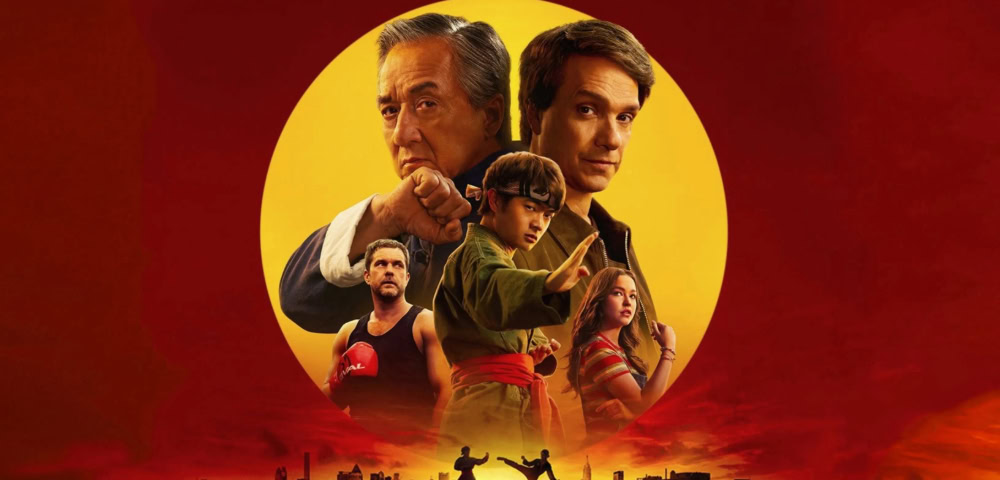
Karate Kid: Legends is a sweet, nostalgic, if not slightly thin, homage to the beloved franchise.
What if you were a teenage kung fu prodigy whose brother died and you did nothing? Then your mom moved you to New York to start fresh, and you trained a guy who got hurt, froze again, and finally you had to fight in a citywide karate tournament not for glory, but to prove something to yourself?
That’s the core of Karate Kid: Legends. And sometimes, it hits.
The sixth film in the franchise, Legends marks Ben Wang’s feature debut and brings together the long-awaited crossover of Jackie Chan’s Mr. Han (from the 2010 reboot) and Ralph Macchio’s Daniel LaRusso– the orginal Karate Kid himself.
That team-up alone could carry the film, while there’s charm, style, and sincere nods to its roots, it stumbles in its execution.
A new Karate Kid with old baggage
Li Fung, haunted by his brother’s death, moves to New York with his mother and finds himself swept into a new world, and a familiar formula.
Li accidentally offends a local pizza shop owner, Victor (played by Joshua Jackson doing a slightly iffy New York accent), by asking for a stuffed crust, and sparks a friendship with the ex boxer, and his daughter Mia.
Enter trouble in the form of Conor, Mia’s ex and a 90’s style bully, ponytail included.
After helping him in a fight, Li reluctantly agrees to train Victor for a match. Cue the training montage. When that goes sideways, Li freezes again under pressure and spirals into guilt.
His supportive uncle–played with effortless charm and warmth by Jackie Chan—steps in and decides it’s time for Li to fight. He goes so far as travelling to the opposite coast and enlisting Daniel LaRusso to help Li prepare for a karate tournament—and a shot at healing.
This time, the formula deviates; Li’s already pretty skilled. The challenge is emotional. The film gestures towards this with flashbacks and a foreshadowed move he learned from his brother.
But it barely digs into their relationship. With more time spent on that bond—it could’ve made that final fight and emotional arc hit harder.
Ben Wang and franchise icons carry what the script doesn’t
Ben Wang is a natural. He’s charismatic, grounded and sells Li’s guilt with conviction. You can’t help but root for him, even when the story gives him little to work with.
Chan is a joy—softer and more affable than in the 2010 reboot. While Macchio brings a sense of soul and legacy, anchoring the film despite his limited role.
The bickering dynamic between the two legends is thoroughly fun to watch
The supporting cast is hit or miss. Wyatt Oleff is a surprise standout as Alan, Li’s dorky tutor-turned-wingman. He’s barely there but steals every scene with his earnest deliveries and offbeat humour, earning the film’s most authentic laughs.
A welcome contrast to the film’s often forced comedy—formulaic quips we’ve seen in every modern reboot—though it still gets a few chuckles.
Mia feels underwritten, reduced to little more than “girl who likes bad boys but is trying to change”. Her romance with Li feels tacked on; they’d work better as friends.
The action is solid, with the best sequence being an alleyway fight that felt like a perfect love letter to classic Jackie Chan choreography—funny, fast-paced, and a little chaotic. A moment in the film where action, humour, and character fully click.
Unfortunately, the rest of it lacks that spark, ending on an emotionally flat note with no real stakes.
The villain, Conor, never feels threatening or memorable, paling in comparison to past franchise villains. A single beat of his coach yelling “fight to the death” and Connor making a pouty face isn’t deep enough.
Visually, the film leans into a warm comic-book style that’s almost Spider-Man-esque. But the film struggles from choppy pacing and editing, with abrupt transitions that often make the story feel muddled and like key character beats were left on the cutting room floor.
The soundtrack is another jarring misstep. TikTok hits crash in at every turn, distracting from more resonant scenes. A proper score would’ve helped immensely.
Nostalgia without the kick
Karate Kid: Legends is a decent addition to the cheesy franchise, wanting to blend heart, legacy, and fresh energy. And it almost does.
Wang shines, and the Chan-Macchio pairing brings nostalgic weight and pure entertainment. But its weak arcs, flat characters and finale keeps it from landing.
There’s still fun here for kids and franchise lovers for the Easter eggs and charm alone. But for a true spiritual successor? Cobra Kai offers much a better kick.
Legends has spirit—but spirit alone doesn’t win the tournament.
★★½
Karate Kid: Legends opens in theatres 5 June.





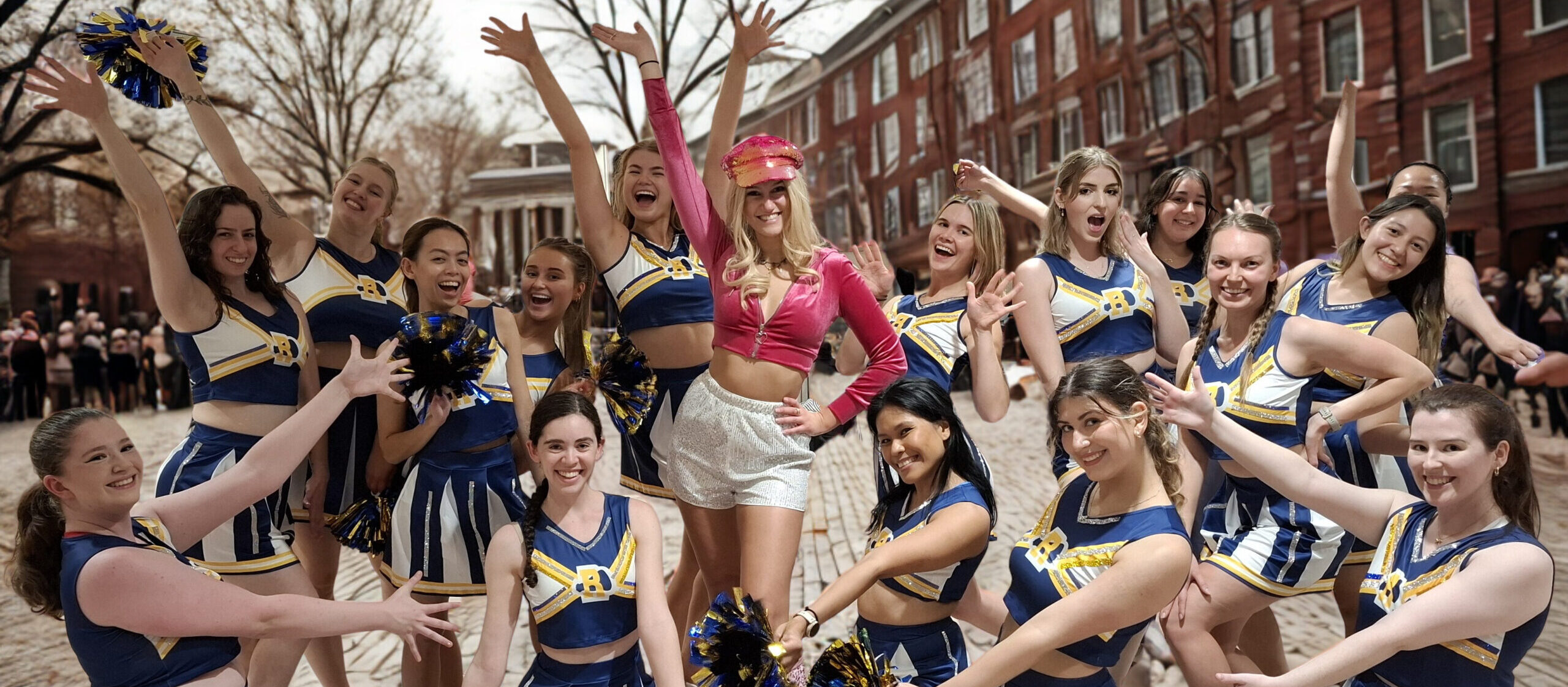


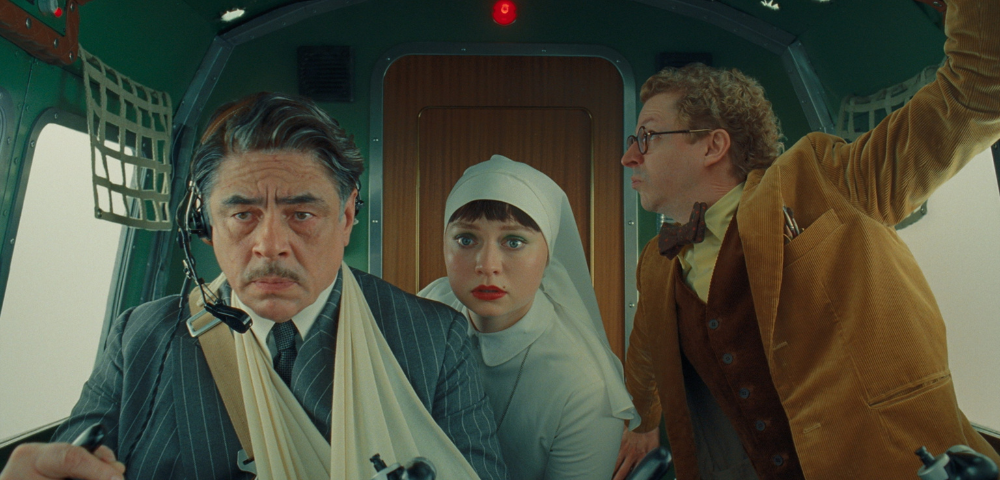
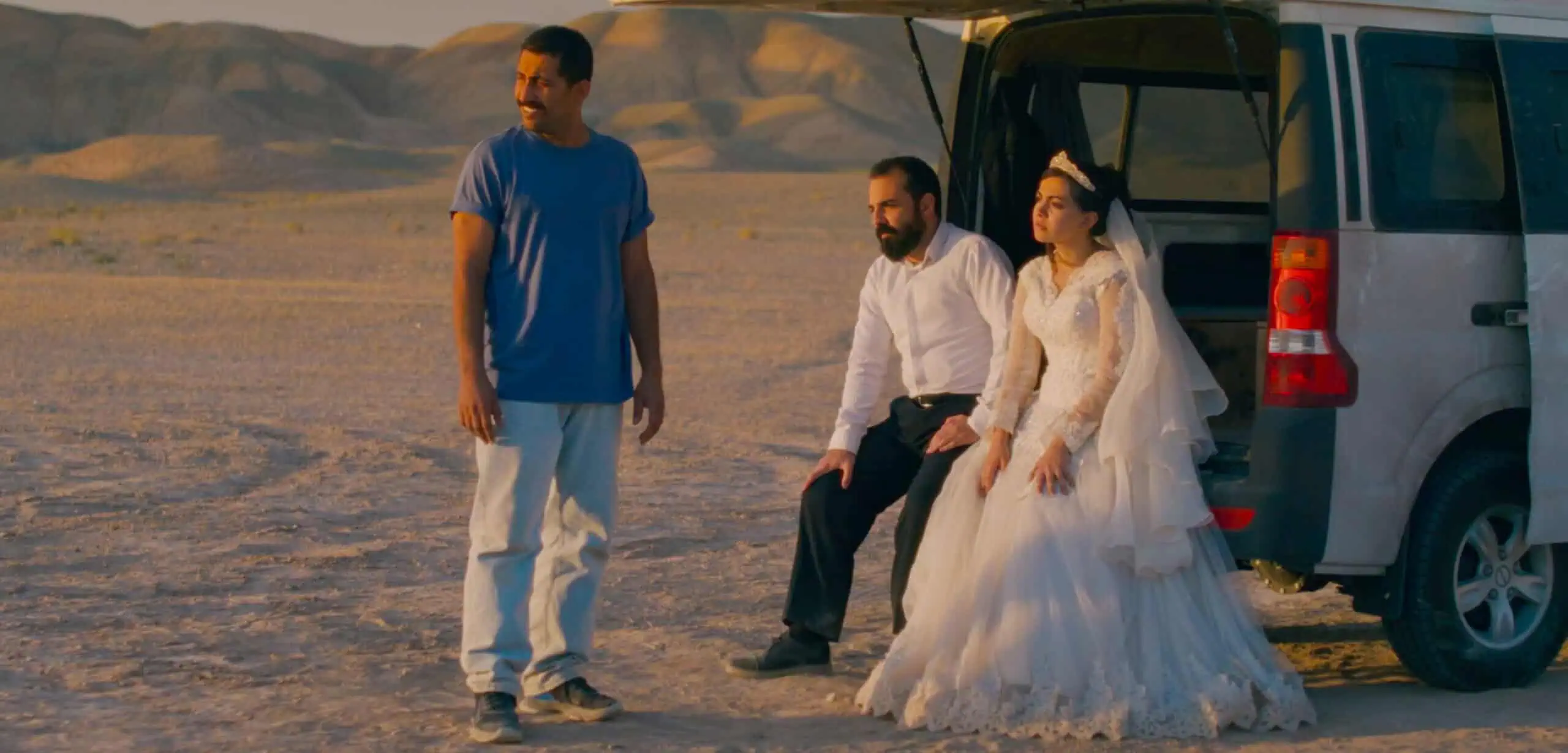
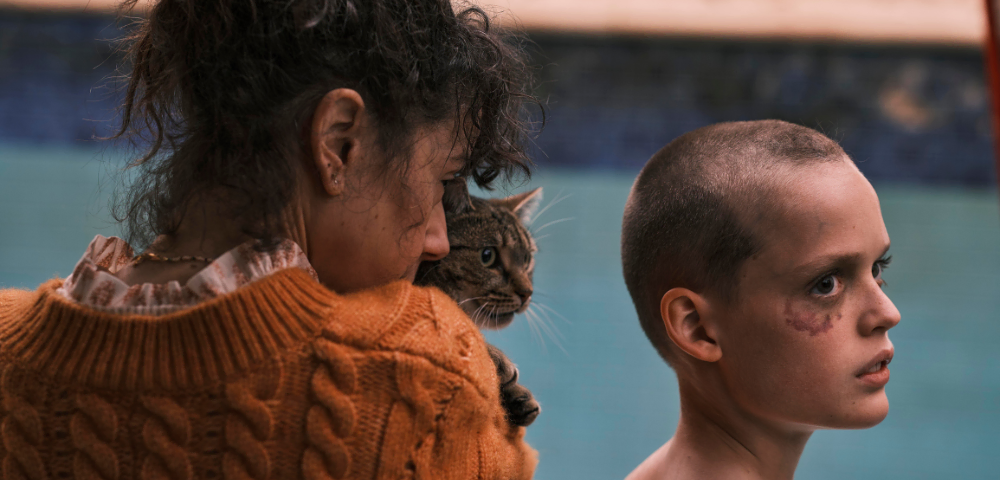
Leave a Reply